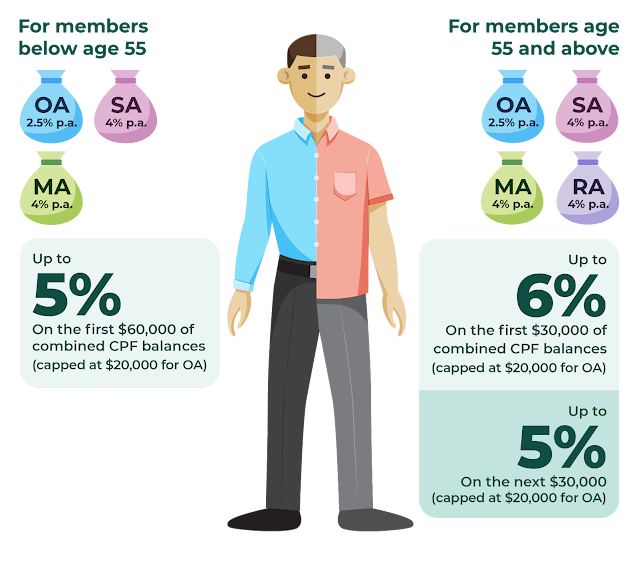Practicality
One of my former Principals called me a "practical" person, in a good way. She was telling the rest that to be effective, it is not about doing a lot of things, but doing the right things. For me, I guess it is more about using logic to help in my decision making.
I am not very certain how a practical person is being defined, because it is not likely for a person to be 100% practical. A good match, in my opinion, would be being practical but yet flexible enough to know how to make good decisions fast.
The following points are put together after analysing my thinking and choice of actions. Other practical persons may do things slightly differently.
1. Sticking to the objective. When I make decisions, it is heavily dependent on how likely it will achieve the objective of the task. Many people, when they start brainstorming, may come up with ideas that stray further away from the objective. And in meetings, I am usually the one who voice this out and bring everyone back on track. Now, there is nothing wrong with brainstorming out of line, because everyone plays a part in an organisation. I am not the creative one, so we depend on some of them to come up with good solutions.
2. I seldom take risks. I choose the safer route. A very good example would be, I don't go into risky high-returns investments. I would prefer going for some lower-returns endowment policies (like a savings account but with slightly higher interest rate over a long period). To me, a bird in hand is better than two in the bushes. [Some websites classify a practical person as being a risk-taker though.]
3. I do not beat-around-the-bush. I speak my mind at meetings, and I go straight to the point. I can be quite blunt at times, but I do try to choose my words as carefully as I can.
4. I have a strong sense of reality, and will always ask myself how doable the idea is. Do I have a high probability of effectively completing the task?
Some of my personal examples of being practical:
A. At the hawker centre, I will never go to the long queues, because my objective is to fill my stomach, not to try out popular stalls. And if I really would like to try out a certain popular stall, I would find an off-peak hour to come again.
B. When I have a good idea, I will bring it to my boss, jot down pointers, plan, and get started. I dislike the need to write reports/proposals. To me, the need to read through a proposal is wasting time. A more efficient way is to get in-principle approval from the boss and get started (the proposal can come along the way). What I do is to write notes and review along the way, and submit a report at the end, based on pointers from the notes.
C My laundry baskets are made of plastic. There are nicer ones made from fabric or rattan in the market. But I feel that, since laundry may be damp at times, cloth or ratten (or even wooden) baskets may get moldy or soiled easily. Hence plastic ones are more practical.
D. I have been using $29.90, 900-thread count bedsheets for a while. I stick to the same brand and type because they are quite smooth and comfortable. I will not go for more expensive types, like the 1200-thread count which is more cooling, but at $89.90. My thinking is, since I replace my bedsheets with new ones every year or two, it is wiser not to spend so much more since the current ones are already quite comfortable. And when it is time to discard old bedsheets, I don't feel heart pain because they didn't cost me a lot.
While it is not easy to change a person's way of doing things, being aware of the above will help us understand how some others work, especially if our boss is a practical person, then we need to steer our thinking towards his/her thinking.
I believe, the opposite of being practical is being intuitive.
A practical person : I know it is so, therefore I do. The returns may be low, but the probability of getting returns is high.
An intuitive person : I think it is so, therefore I try. The returns may be high, but the probability of getting good returns is not necessarily high.
That is why, I will not make a good businessman.




Comments
Post a Comment